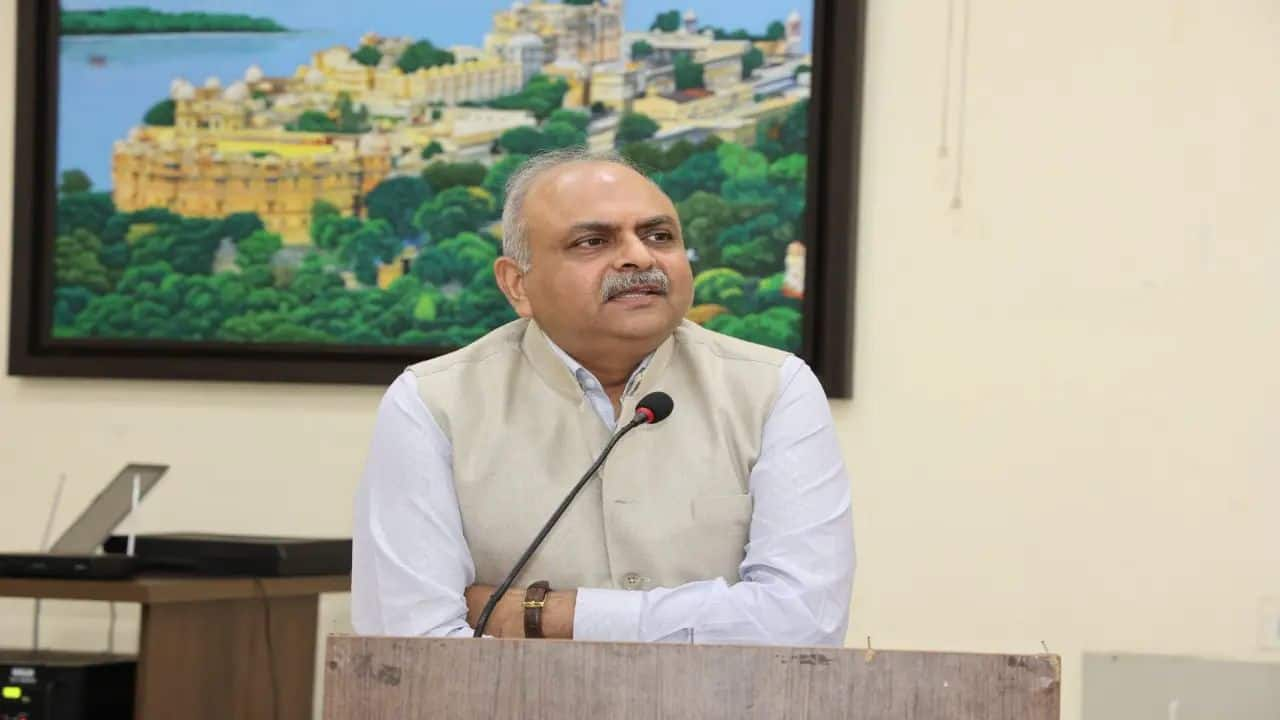In a surprising turn of events, US presidential candidates Kamala Harris and Donald Trump are blurring party lines as they vie for votes in the final stretch of a highly competitive election.
Harris has been actively courting Republican voters, hosting events focused on issues such as abortion rights, border security, and small business creation, which have featured Republican officials.
The Democratic National Convention even granted speaking slots to seven Republicans last month, and outside groups are spending millions to help Harris connect with disaffected opposing party members.
Simultaneously, Harris has adopted a more assertive foreign policy stance, pledging to include a Republican in her Cabinet if elected and openly discussing her gun ownership.
“If somebody breaks in my house they’re getting shot. Sorry,” Harris told Oprah Winfrey, surprising the television star with her candour. Harris’ strong support for US leadership on the global stage has already earned her the backing of more than 100 Republican national security and foreign policy officials who previously served under various presidents, including Dick Cheney.
Trump, on the other hand, has taken positions that have irked some conservatives. He recently called for a federal cap on credit card interest rates at 10%. He expressed support for a federal law mandating insurance companies to cover in vitro fertilization (IVF), despite opposition from social conservatives who believe embryos used in the process should be protected.
Barbara Comstock, a former Republican congresswoman from Virginia who co-chaired Nikki Haley’s GOP presidential campaign, now supports Harris, citing her call for an expanded child care tax credit, support for a tough bipartisan immigration bill, and a foreign policy stance in contrast to Trump’s admiration for leaders like Vladimir Putin.
Tulsi Gabbard, a former Democratic congresswoman from Hawaii and now a top Trump ally, describes Trump’s policy approach as “common sense,” highlighting his support for criminal justice reform and a foreign policy philosophy that seeks to avoid US involvement in global conflicts like the Russian invasion of Ukraine. Despite the candidates’ embrace of policies that appeal to the other side, their priorities still largely align with their party’s traditions.
Trump opposes abortion rights and plans to vote to uphold a Florida law banning abortions after six weeks, while Harris supports abortion rights as protected under Roe v. Wade, backs a ban on assault weapons, and wants to extend prescription drug cost caps to all Americans.
As the election draws near, both candidates are working to expand their coalitions. Trump’s spokesman, Brian Hughes, argues that the GOP nominee has appeal among African Americans, Hispanics, and labour union members, citing the Teamsters Union’s decision not to endorse either candidate as a significant win for Trump.
Meanwhile, Harris, who has only been in the presidential race for eight weeks, is beginning to articulate specific policy plans that favour liberal policies in most cases, such as combating climate change, supporting labour unions, and pushing for voting rights legislation to combat racial discrimination.
With agency inputs from AP
https://aiearth.us/world-news/how-harris-and-trump-are-blurring-party-lines-in-the-final-election-stretch-3/


